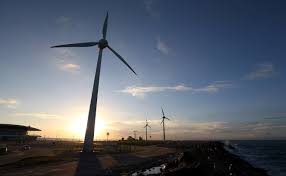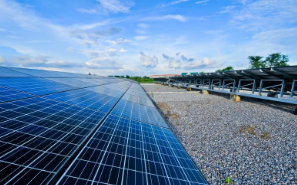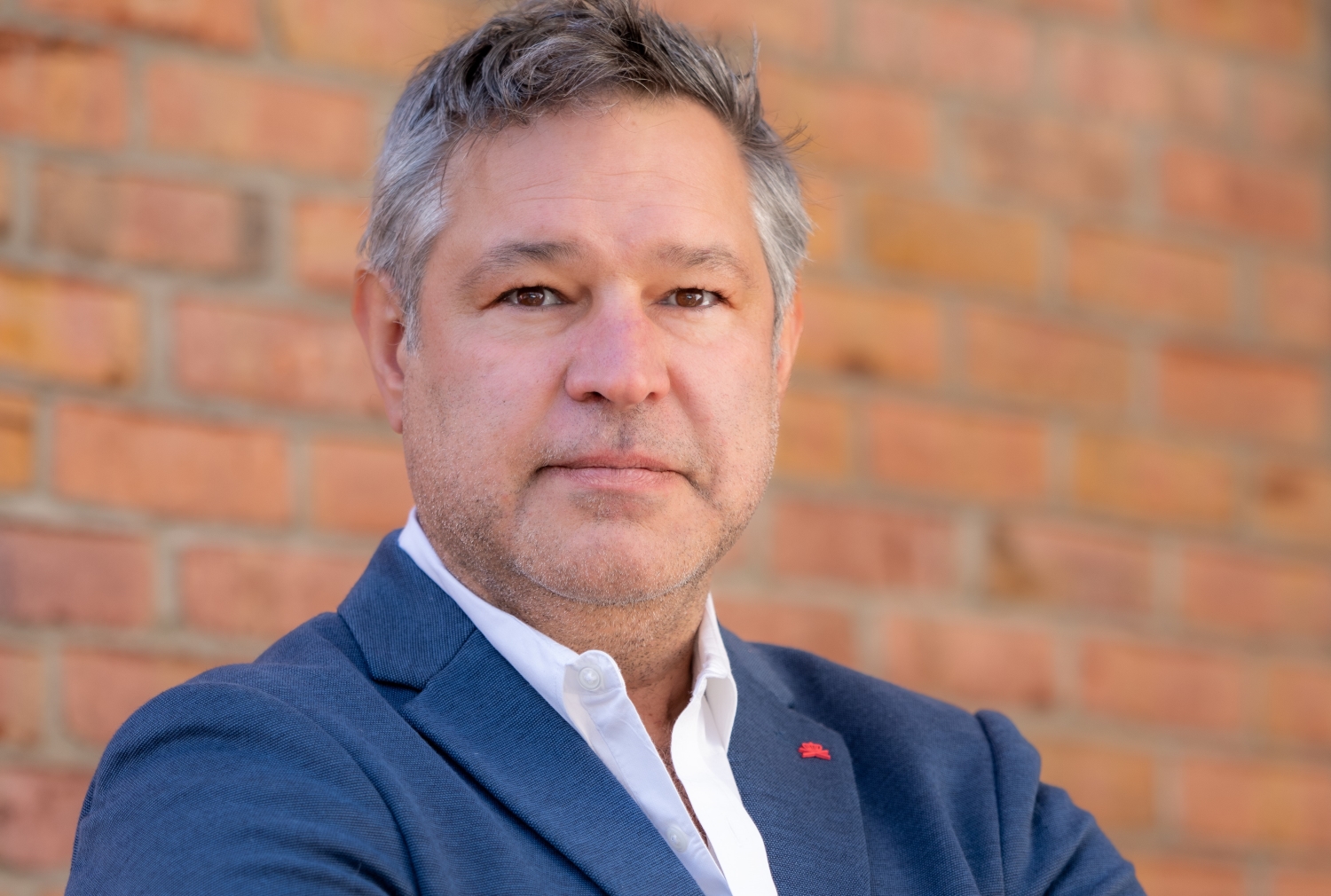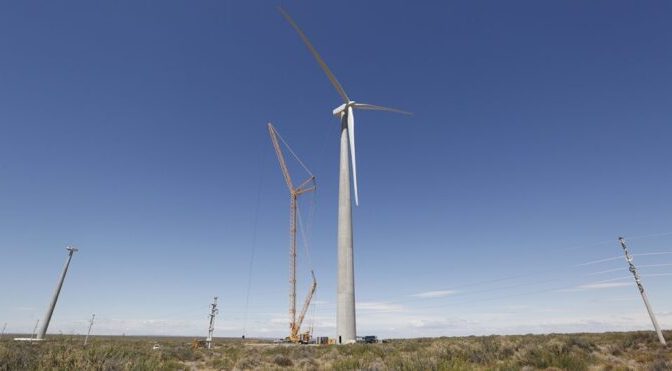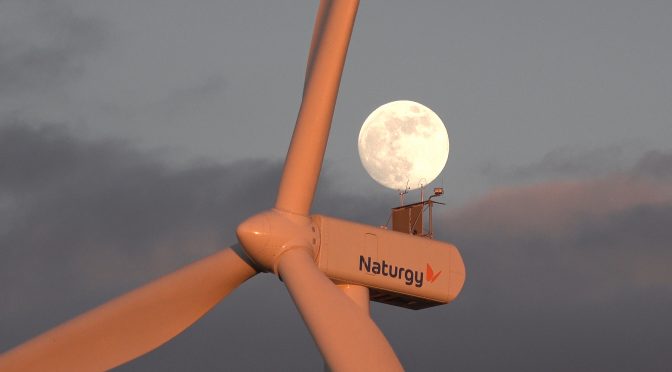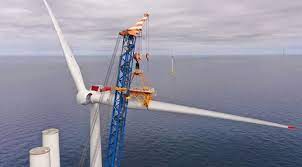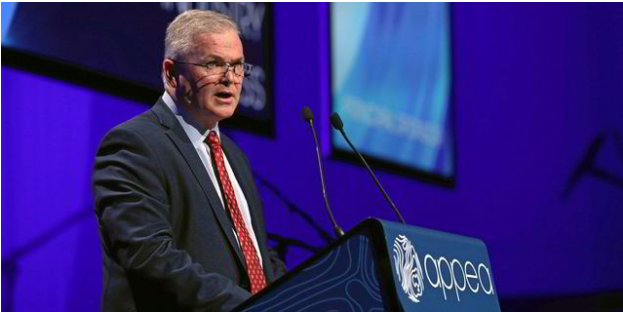
Australia’s Santos is teaming up with Timor-Leste’s national oil company Timor Gap to explore partnership opportunities for the proposed Bayu-Undan carbon capture and storage (CCS) project offshore Timor-Leste.
The collaboration with Timor Gap includes sharing information about Bayu-Undan CCS and exploring potential partnership opportunities, including equity participation for the state player in the project.
Santos and the Bayu-Undan partners have signed a memorandum of understanding with Timor Gap, that follows four non-binding MOUs for carbon dioxide supply to the proposed CCS project that indicate demand for CO2 storage at Bayu-Undan could be more than 10 million tonnes per annum.
“This could be an exciting new industry for Timor-Leste, putting it at the leading edge of the global energy evolution and generating revenue, local jobs and business opportunities for the nation,” commented Santos chief executive Kevin Gallagher.
“Santos and our joint venture partners are delighted to be working with Timor Gap on partnership opportunities to advance Bayu-Undan CCS as a carbon storage hub for customers in Australia, Japan, Korea and across Asia as those countries seek to decarbonise their economies.”
Gallagher noted this MOU is yet another agreement highlighting the strong interest in CCS, and its broad acceptance as a safe, proven technology that is absolutely critical to achieving the world’s climate goals.
“We look forward to working with Timor Gap and the Timor-Leste and Australian governments to progress the necessary commercial, fiscal and legislative arrangements to support the development of the Bayu-Undan CCS project,” he added.
Santos in May said the final investment decision on Bayu-Undan CCS is now targeted for 2025 — two year later than it had earlier touted — subject to the relevant regulatory frameworks and agreements being in place in both Timor-Leste and Australia.
Bayu-Undan CCS ex-Darwin, Australia, will provide a cost-competitive carbon solution because of its large scale and ability to utilise existing pipelines and other infrastructure, operator Santos on Monday said.
In addition, the storage reservoirs are well understood, have previously held gas and condensate in place for tens of millions of years, and will provide safe and permanent CO2 storage, according to the operator.
The Bayu-Undan CCS project has the potential to reduce the absolute emissions and emissions intensity of Australian and Timor-Leste gas and liquefied natural gas projects, as well as other hard to abate industries in the region. This means Australian and Timor-Leste gas and LNG projects could have a competitive advantage in a low-carbon world, with the potential to offer abated gas as a premium product for customers.
The Bayu-Undan CCS project is part of Santos’ three-hub CCS strategy that includes the Moomba CCS project, which is currently 70% complete and on track to store up to 1.7 million tpa of CO2 starting in 2024.
The current Bayu-Undan partners are operator Santos with a 43.4% interest, SK E&S on 25%, Inpex having 11.4%, Eni on 11% and Tokyo Timor Sea Resources with 9.2%.

